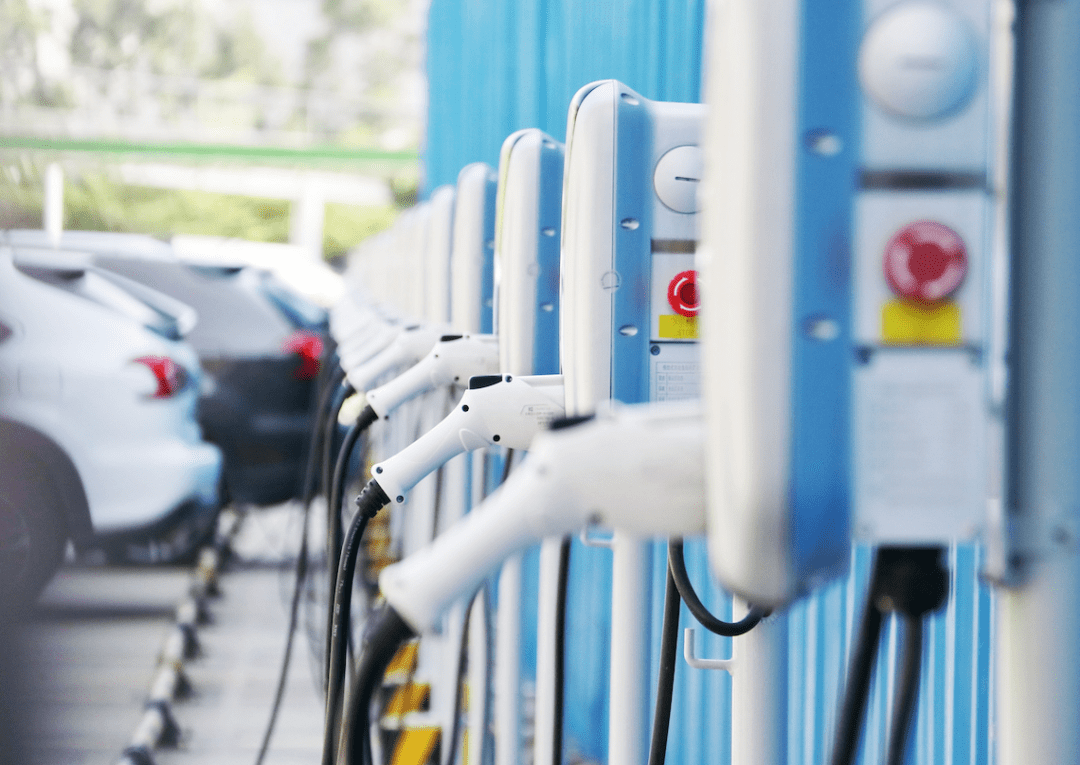#Members of the Association of Southeast Asian Nations (#ASEAN) are promoting the adoption and manufacturing of electric vehicles through a series of policies and measures, aiming to reduce dependence on fossil fuels and enhance environmental sustainability. Indonesia has set a goal to cease the sale of internal combustion engine vehicles by 2040 and plans for alternative energy vehicles to account for 20% of total vehicle production by 2025. Brunei, on the other hand, aims to increase the share of renewable energy in its power generation capacity to over 30% by 2035, particularly through the expansion of solar power.
#Policy support and market incentives are also key to driving the adoption of electric vehicles. Southeast Asian countries are enacting policies that include subsidies, tax incentives, and investments in charging infrastructure to reduce the purchase and operating costs of electric vehicles and increase consumer acceptance.
#However, achieving these ambitious goals is not without challenges. Insufficient charging infrastructure, lack of service and repair facilities, cost issues, and low consumer awareness are all obstacles that need to be overcome. Southeast Asian countries need to integrate consumer insights, technological readiness, and strategic policy frameworks to facilitate a sustainable transition to electric mobility.
Closing Statement:
#Southeast Asia's electric vehicle targets are not only a commitment to environmental protection but also an investment in economic development and technological innovation. As these targets are progressively achieved, Southeast Asia will occupy an important position in the blueprint for a global sustainable future.



